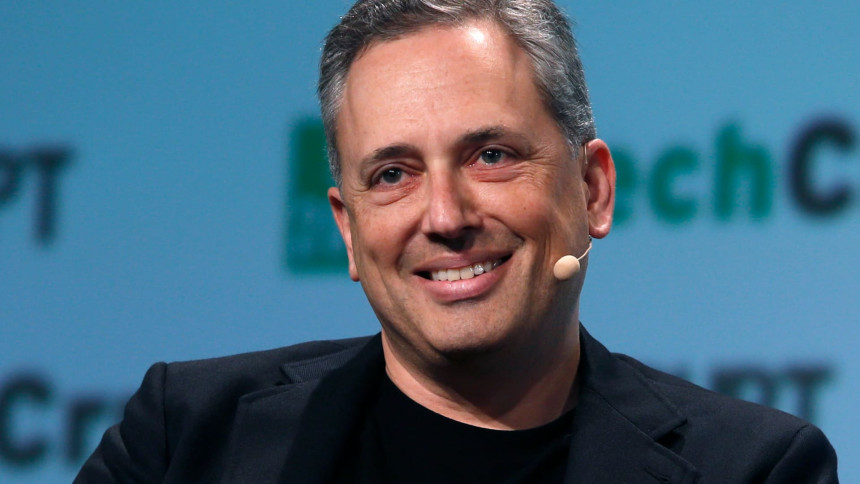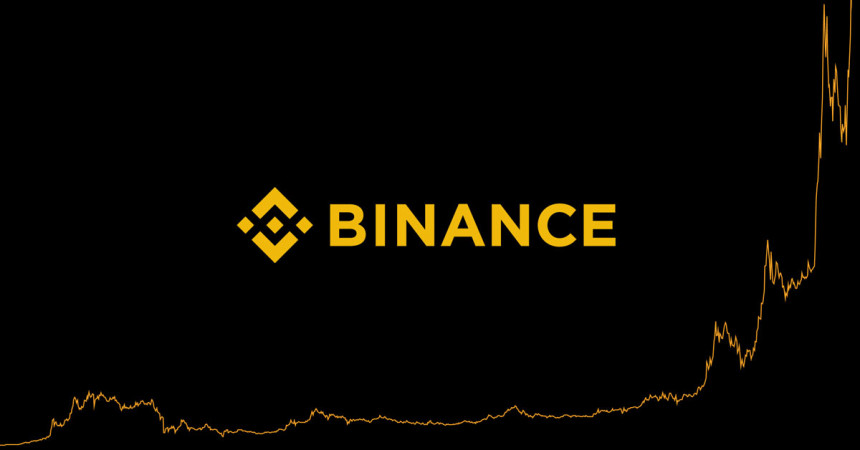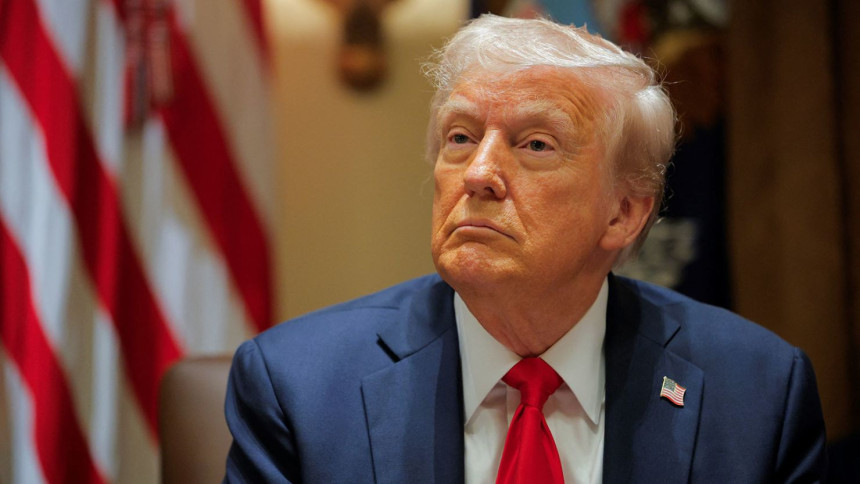
🚨 Crypto King David Sacks Sells All His Holdings: What Does This Mean for the Industry?
In a surprising move that has sparked widespread discussion, David Sacks, a prominent figure in the tech and crypto world, has revealed that he has sold all of his cryptocurrency holdings, including Bitcoin (BTC), Ethereum (ETH), and Solana (SOL). This decision comes as Sacks prepares to take on a significant role in shaping U.S. policy on artificial intelligence (AI) and cryptocurrencies.
Why Did Sacks Sell His Crypto?
Sacks, who has been a vocal advocate for blockchain technology and digital assets, stated that the sale was necessary to comply with ethics requirements for his new position. As part of the vetting process, he must demonstrate that he has no personal biases or financial interests in the crypto industry.
This move highlights the growing scrutiny faced by public officials and policymakers in the crypto space. With the industry’s rapid expansion and increasing regulatory attention, avoiding conflicts of interest has become a top priority.
A Look at Sacks’ Crypto Legacy
Before this decision, David Sacks was deeply involved in the crypto ecosystem. Through his venture capital firm, Craft Ventures, he invested in several high-profile crypto companies, including:
Bitwise: A leading crypto asset management firm.
BitGo: A major player in digital asset security.
Lightning Labs: Developers of the Bitcoin Lightning Network.
Dune: A popular blockchain analytics platform.
These investments positioned Sacks as a key influencer in the industry, making his decision to divest all personal crypto holdings even more noteworthy.
What Does This Mean for the Crypto Industry?
Increased Regulatory Scrutiny: Sacks’ move underscores the heightened focus on ethics and transparency in the crypto space. As governments worldwide work to regulate digital assets, policymakers will likely face similar requirements to avoid conflicts of interest.
A Shift in Leadership: Sacks’ departure from personal crypto ownership may signal a broader trend of industry leaders stepping back from direct involvement as they take on regulatory or governmental roles.
Public Perception: While some may view this as a loss for the crypto community, others see it as a necessary step to ensure fair and unbiased policymaking.
The Bigger Picture
David Sacks’ decision to sell his crypto holdings reflects the growing intersection between the cryptocurrency industry and government regulation. As digital assets become more mainstream, the need for clear guidelines and ethical standards will only increase.
This development also raises important questions:
How will Sacks’ lack of personal crypto holdings influence his policy decisions?
Will other industry leaders follow suit as they transition into regulatory roles?
What impact will this have on the future of crypto innovation and adoption?
Final Thoughts
While David Sacks’ decision may come as a shock to some, it highlights the evolving nature of the crypto industry. As the space matures, the lines between innovation, investment, and regulation will continue to blur.
What do you think about Sacks’ move? Is it a necessary step for ethical governance, or does it raise concerns about the influence of policymakers on the crypto industry? Share your thoughts in the comments below!
#Crypto #Bitcoin #Ethereum #Solana #DavidSacks #CryptoNews #Blockchain #Regulation #AI #Ethics #CraftVentures





